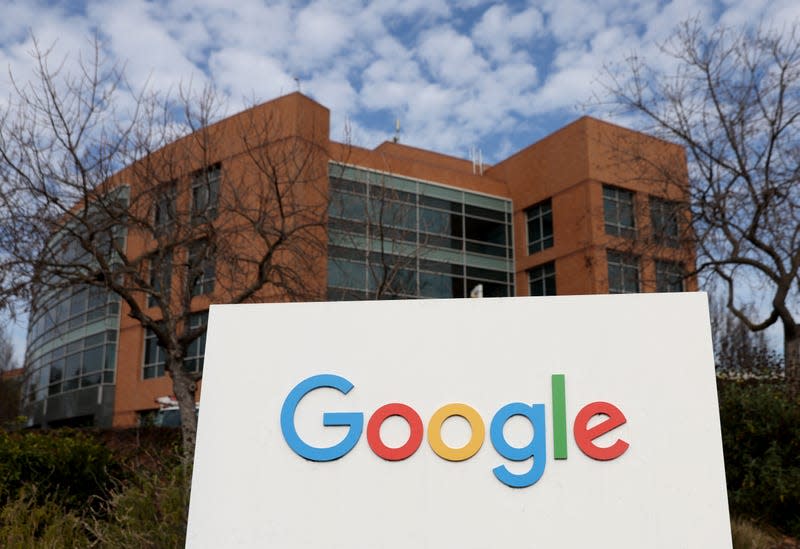Google lost its bid to dismiss a wide-ranging antitrust case in US federal court

A district court in Virginia denied Google’s motion to dismiss a Department of Justice (DOJ) antitrust lawsuit on Friday (April 28), renewing a federal investigation into the company’s dominant advertising business.
The lawsuit, initially filed in January, alleges that Google has monopolized online advertising sales by looking to “neutralize or eliminate” competing providers through acquisitions, as well as making it difficult for consumers to use different services. Principally, it argues that Google can’t own the mechanism for buying ads on a search engine in addition to the search engine itself.
Read more
The suit was concurrently filed by a number of state attorneys across the country, including those in California, New York, Colorado, and Connecticut.
Google argued that the case should be dismissed on the grounds that its business doesn’t meet the government’s quantitative definition of monopoly. Google attorney Eric Mahr pointed out that the company’s ad business falls below the 70% benchmark of market share. He also referenced other successful social media platforms like Facebook and Tiktok as alternative options for advertisers.
Dan Taylor, Google’s vice president of global ads, released a statement after the ruling, saying the lawsuit “would slow innovation, raise advertising fees, and make it harder for thousands of small businesses and publishers to grow.”
Quotable:
As alleged in our complaint, for 15 years, Google has pursued a course of anticompetitive conduct that has allowed it to halt the rise of rival technologies, manipulate auction mechanics to insulate itself from competition, and force advertisers and publishers to use its tools. In so doing, Google has engaged in exclusionary conduct to severely weaken, if not destroy, competition in the ad tech industry. — Merrick Garland, US Attorney General, announcing the lawsuit in January.
Digital ads account for 80% of Google’s revenue
If the lawsuit is successful, the DOJ would demand Google sell any of its businesses that control the tools for buying and selling digital display advertising.
This would be a major blow to the profitability of Alphabet, Google’s parent company. Digital ads account for roughly 80% of the company’s revenue.
In 2022, Google held about 29% of the digital ad revenue share in the US, with Facebook in second at roughly 20%. But the volume of ads isn’t strictly where the DOJ is accusing Google of operating a monopoly.
The lawsuit mainly targets Google’s system for matching website publishers with an advertiser in a kind of auction. In each one of these ad sales, the intermediary—most often Google—gets 30% to 50% off the top of the third-party transaction. Google is able to charge so much for being the go-between because it owns the tools on both sides of the transaction.
Now, it will be up for DOJ lawyers to prove that dominance constitutes a monopoly, an argument that will largely rest in figuring out what is included in the internet ad sales marketplace, an area with little legal precedence.
Related stories:
⚖️ Antitrust regulators in the UK blocked Microsoft’s takeover of Activision
💻 The ongoing big tech antitrust cases to watch in 2023
💼 The FTC thinks banning non-compete agreements could increase American wages by $300 billion per year
More from Quartz
Sign up for Quartz's Newsletter. For the latest news, Facebook, Twitter and Instagram.
